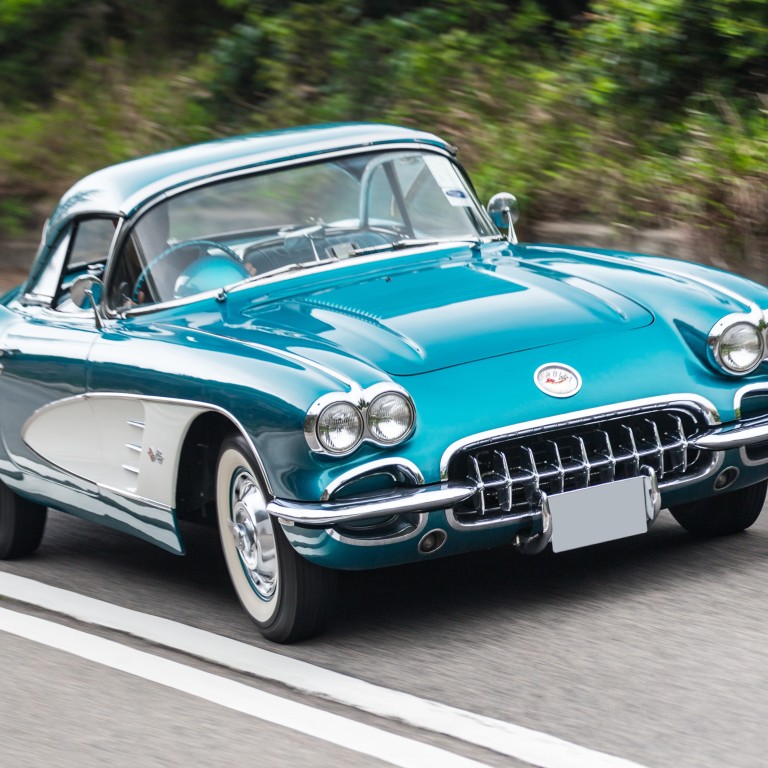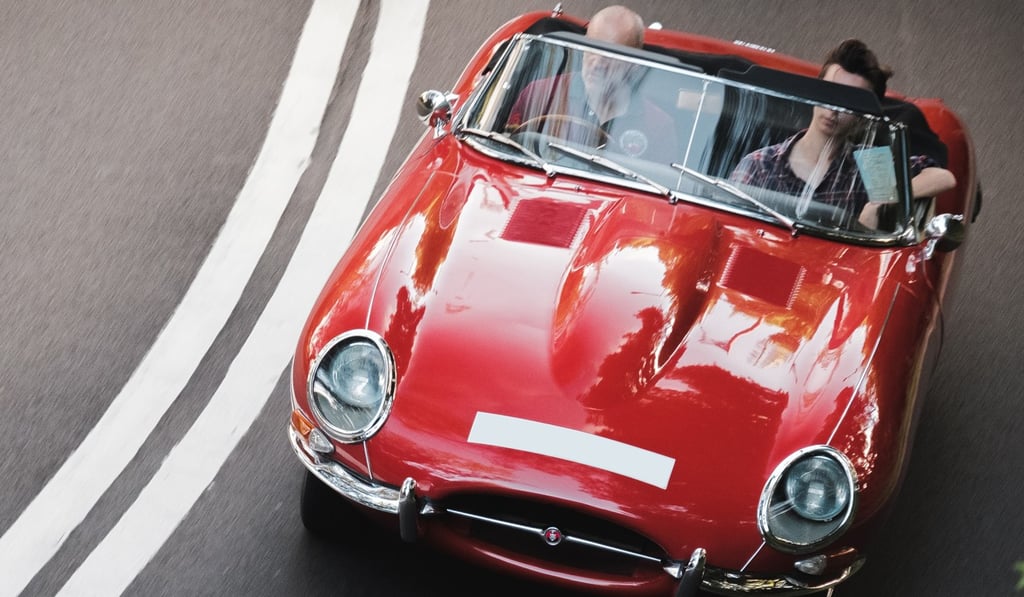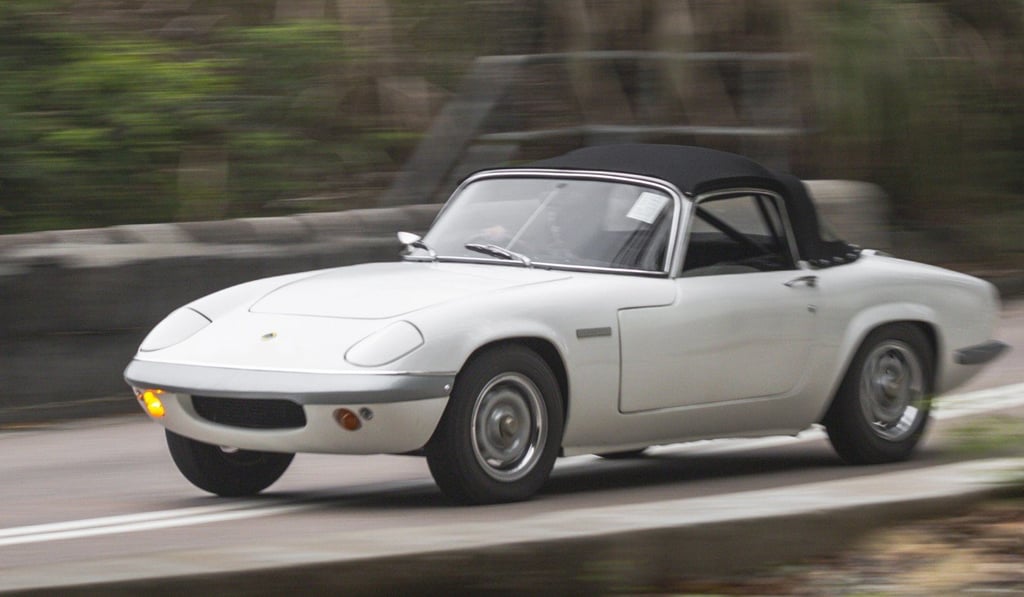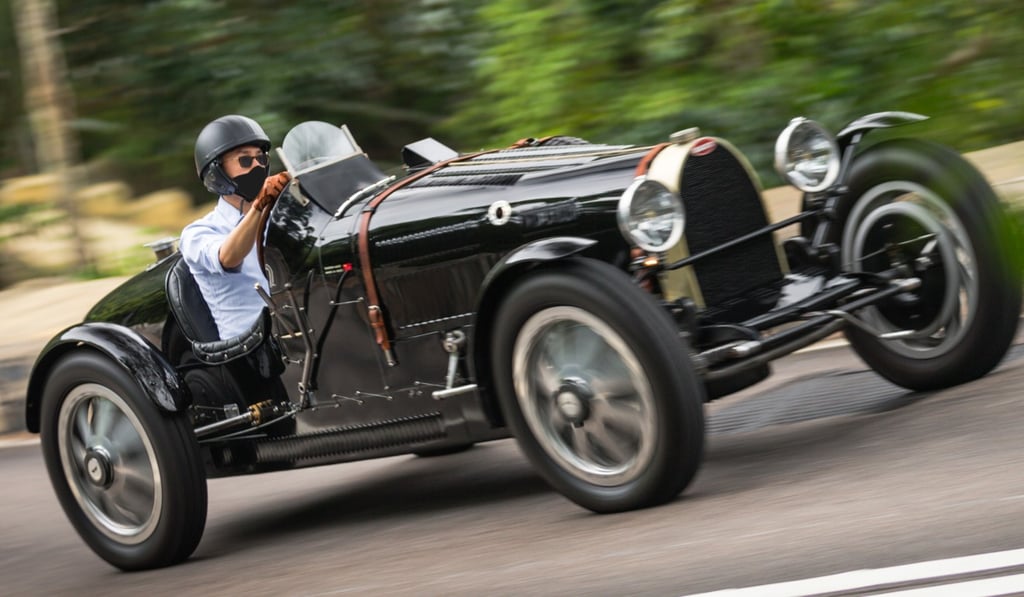These are the cars that will always rule the roads for petrol-heads

- The long boom in the classic-car market has dipped after reaching its peak, but for many, nothing outweighs the sheer joy they can bring
In December, the Hong Kong Automobile Association (HKAA) marked 100 years of motoring in the territory. That century has seen countless advancements in automotive technology, to the point that cars can now drive themselves. For some, however, the saying “they don’t make ‘em like they used to” still holds true.
“Cars came to Hong Kong long before China or Japan. There’s a lot of motoring culture that’s trickled down through the generations,” said Carl Yuen, vice-chairman of The Classic Car Club of Hong Kong. Established in 1979 as an offshoot of the HKAA, the club has been independent since 1989.
Yuen estimates that the club’s 700 or so members own about 2,000 classic automobiles between them, accounting for a fraction of Hong Kong’s 750,000-plus licensed vehicles.
To be considered a classic car in Hong Kong, a vehicle must be at least 20 years old. The most coveted examples are those that have retained their original condition through the years.

Even if there is an appreciation in value, it would not outweigh the cost I have to spend in upkeep. For enthusiasts, if we can buy a car, have fun with it for a couple of years, and get back everything we spent, we’re already ahead
Like any asset, the market for classic cars has its cycles. “Globally, 2018 was not a year to write home about,” said Dietrich Hatlapa, founder and CEO of the Historic Auto Group International (HAGI). The company’s HAGI Top Index tracks the overall value of transactions for “exceptional historic automobiles” across the world market.
For 2018, the index is tracking down by about 1 per cent. This is in sharp contrast to recent years, which saw double-digit growth. Excess liquidity in the global markets following the 2008 financial crisis fuelled a prolonged boom in the classic car market, which has now plateaued, said Hatlapa. “The strongest was in 2013, when the Top Index had growth of over 45 per cent.”

